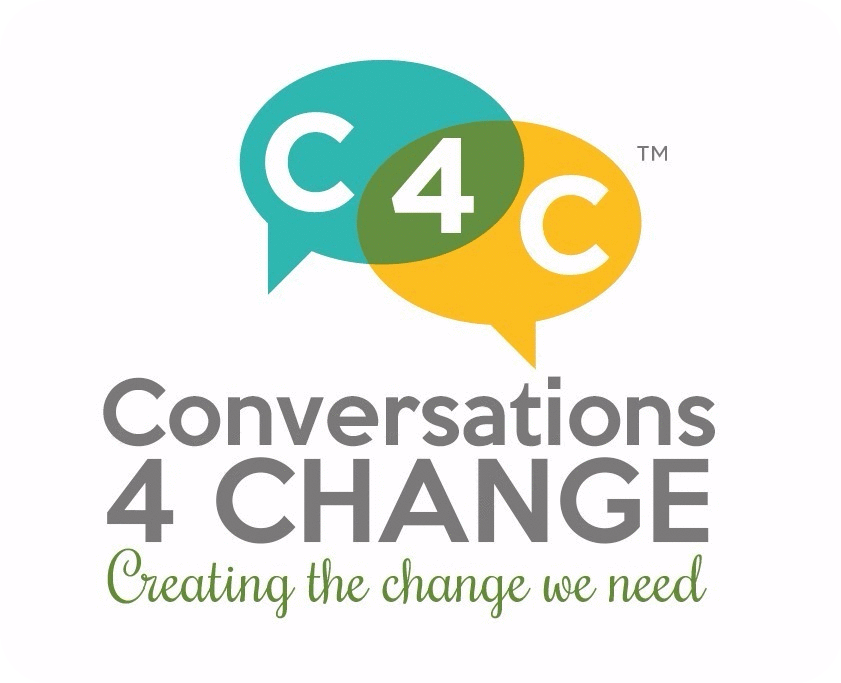Engr. Eugenia O. Okeke, (Lead, Demographic Dividend & Research Initiative)
Overview
Young people represent one of Africa’s greatest assets. Timely and strategic investments made in them today will determine the growth and development of the continent over the next 50 years, positioning the continent for a Demographic Dividend and the actualization of the Africa We Want, come 2063.
With a reduction in birth rates, most African countries are in the process, or on the verge of a demographic transition with a large youthful population and fewer dependent children. If these reduced rates are maintained and further decreased, with accompanying investments made in the youth in the key areas of education, employment, health and empowerment, Africa stands a chance to reap an accelerated economic growth from this population, known as a demographic dividend.
The initiative strives to contribute to, and accelerate this process by putting together, and displaying valid information about progress African countries are making in investments in youth. In addition to creating awareness on the concept of a demographic dividend on our blog, we are setting up a monitoring and evaluation platform where indicators selected by expert partners will be monitored for progress across countries.
We believe that access to this information will better equip and empower youth and youth-led organizations; and guide implementation among stakeholder organizations.
Demographic Dividend Series



We need to be fully aware of where we stand in health, education, employment and how to move forward in terms of investing in youth, one of our greatest assets. We need to start positioning our youth and we need to start today.